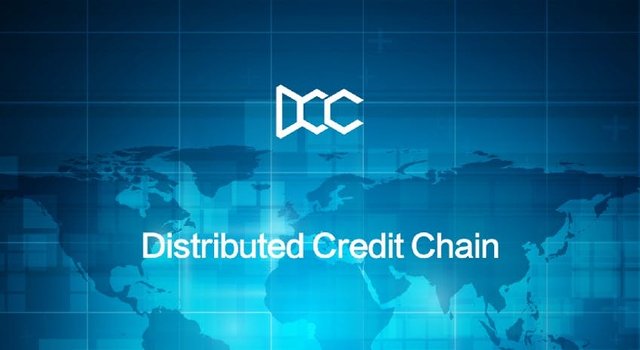
With all the promises with the traditional financial and banking system, the decentralized system powered by the blockchain technology offers many benefits that are not missing in the conventional ways available in the financial sectors.
A look at the benefit may serve as a window to what the future holds in for stakeholders, who are eager to see a different system, free of exploitation, and enriching few rich men.
Free of monopoly
In a decentralized system, it possible for an individual to choose their debtors, also, because competitors are many, the market will hold the pricing power instead of intermediaries. Market participants will have the right to reallocate the value of the data and get returns when they provide algorithms as well as a computation on the blockchain.
Privacy protection
Personal data of individuals are transmitted as an encrypted bundle and travels in point to point manner. The blockchain is designed to be extremely safe for personal data and other valuable information. The beauty of the system is, only the recipient of the data can process it and theory, it is possible for the recipient to discard the data.
It means the person making a request for the data can receive it as zero-knowledge proof, which enables verifying the authenticity of data and owner without compromising the actual text of the information when fulfilling the business needs.
Removal of data monopoly
The blockchain technology enables individuals to own and use their data and eliminates monopoly caused by third-party agencies that handle such vital information. It also prevents misuse of data, or leakage by third-party firms, which can trade such information for money or exchange it for other valuables that are important to them.
Creating a special market for data
Blockchain technology employed in the credit business enables the establishment of a standard common data market, where data certification agencies can promote their services inefficient manner, by establishing standards in data the processed, and b able to process big data.
It will also, help to fix the right price according to data usage. The financial institution will be able to access the number of data modules available within the data marketplace with ease and be able to channel their IT resources to connect with essential data.
.png)
Efficient risk control
Through artificial intelligence risk control and deep learning, anti-fraud algorithms are made available on the blockchain technology. This enables financial institutions to process data without needing to keep data, though it improves financial institution’s ability to improve service delivery without having to keep excessive data and enable them to be in line with the compliance demands. The risk control is achieved through an encrypted algorithm that is very difficult to break.
The decentralized system in the credit system is the future of the financial market, with all the qualities that are embedded in it, which are absent in the traditional financial system.
Although the financial sector is quite careful to embrace the technology but is a matter of time before the whole world will start to take advantage of a system that enables participants to be in charge of their data, and other resources
Website : http://dcc.finance/
Whitepaper : http://dcc.finance/file/DCCwhitepaper.pdf
Twitter : https://twitter.com/DccOfficial2018/
Facebook : https://www.facebook.com/DccOfficial2018/
Telegram : https://t.me/DccOfficial